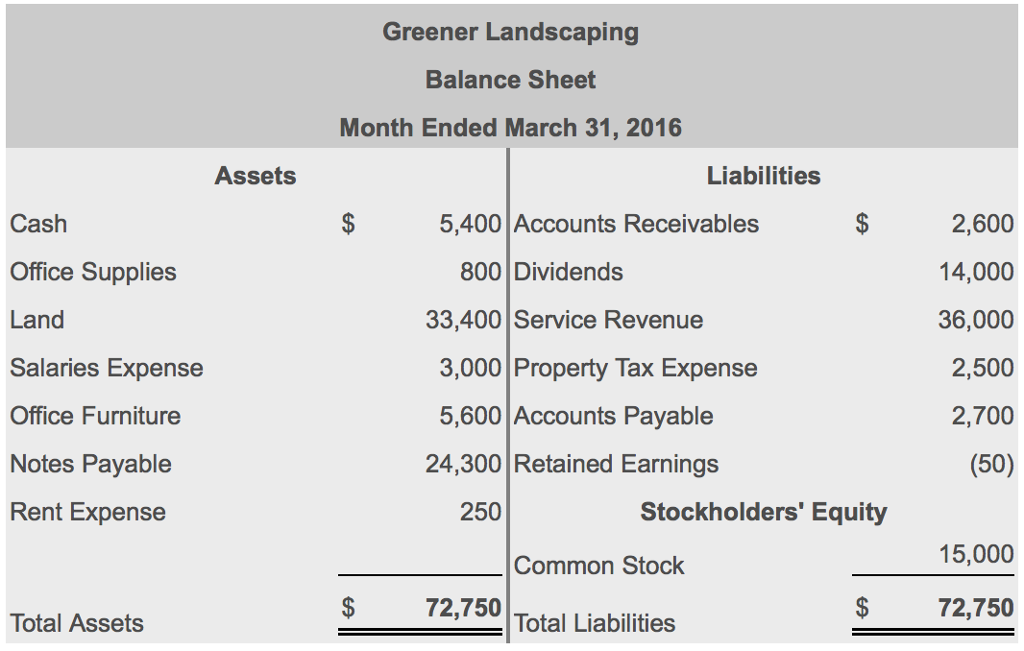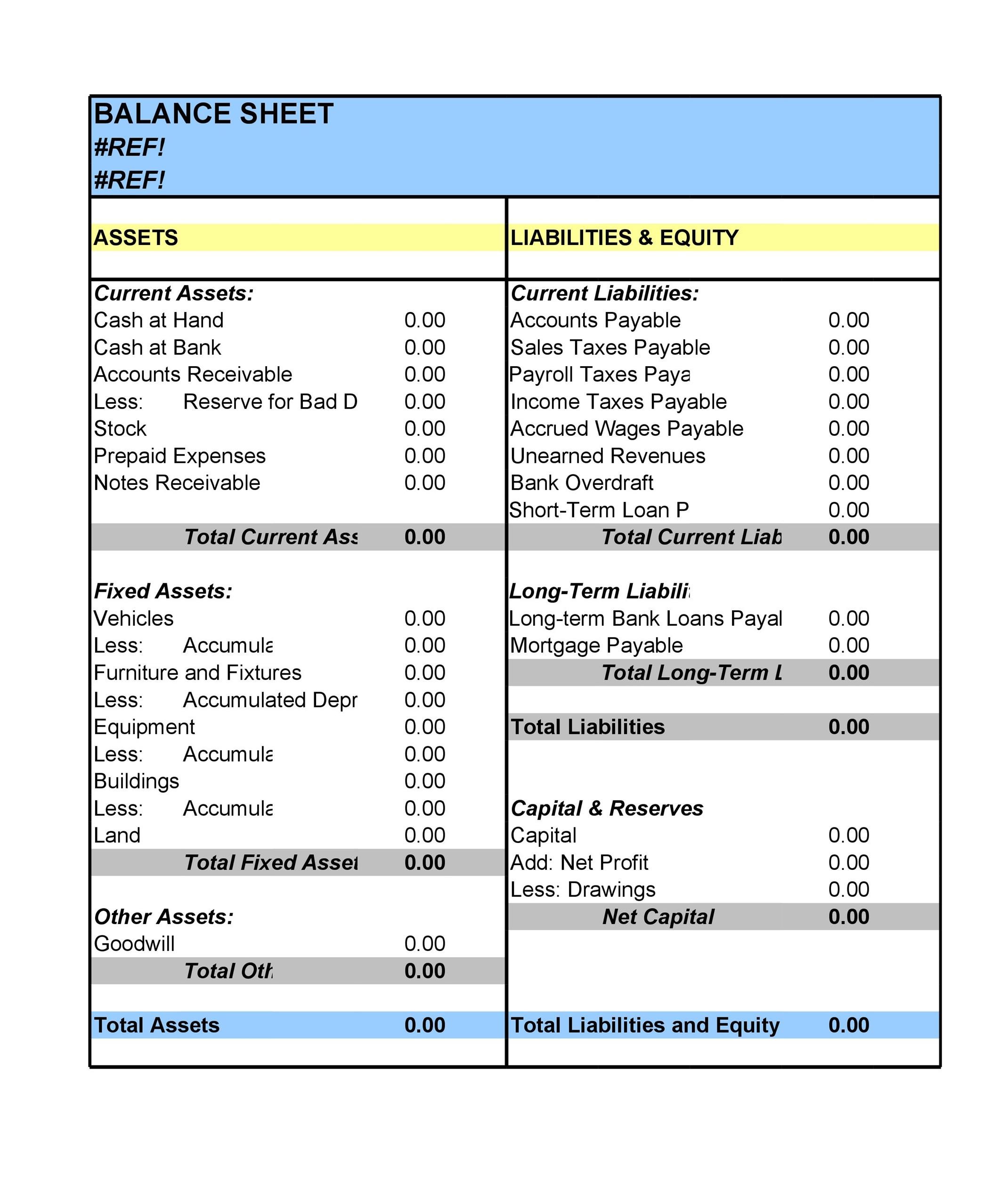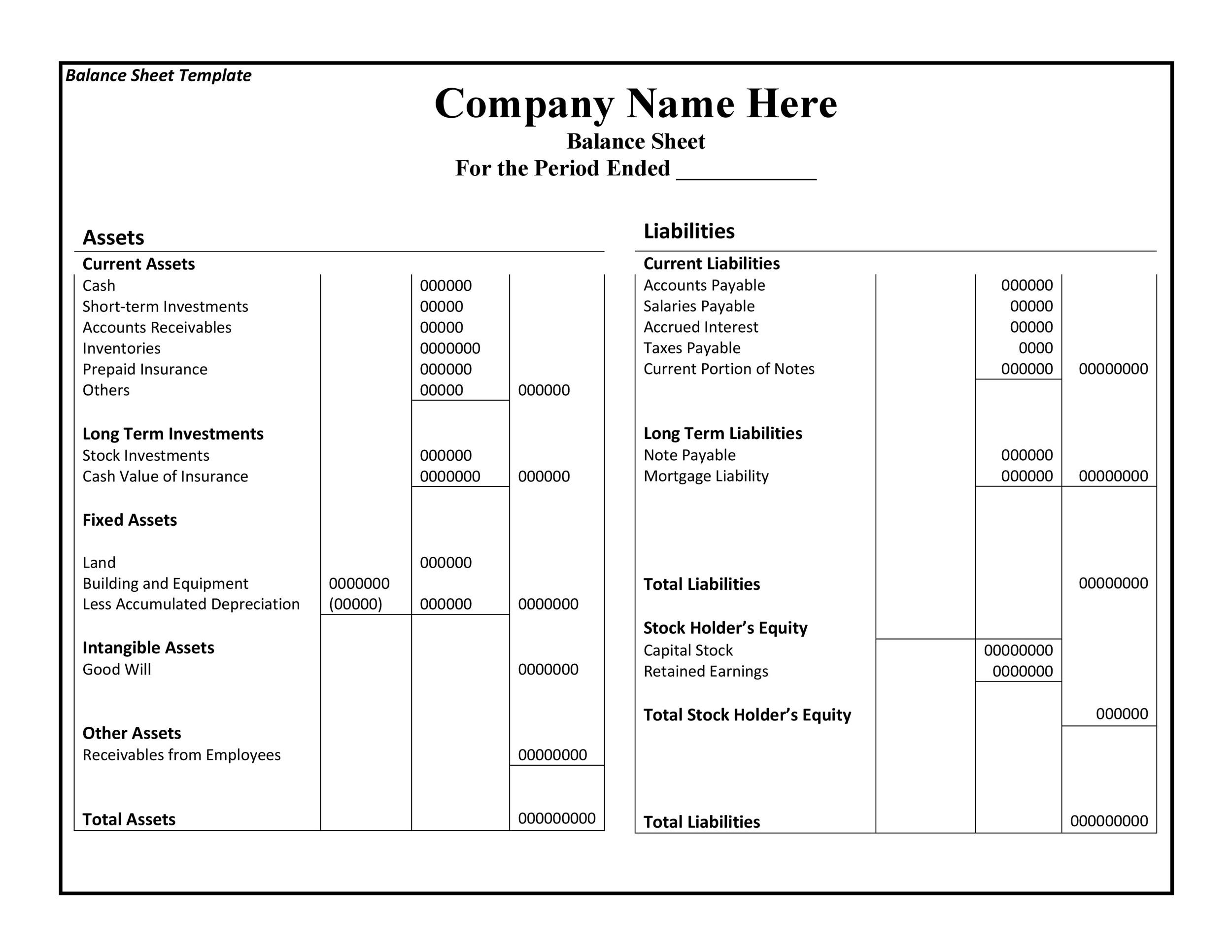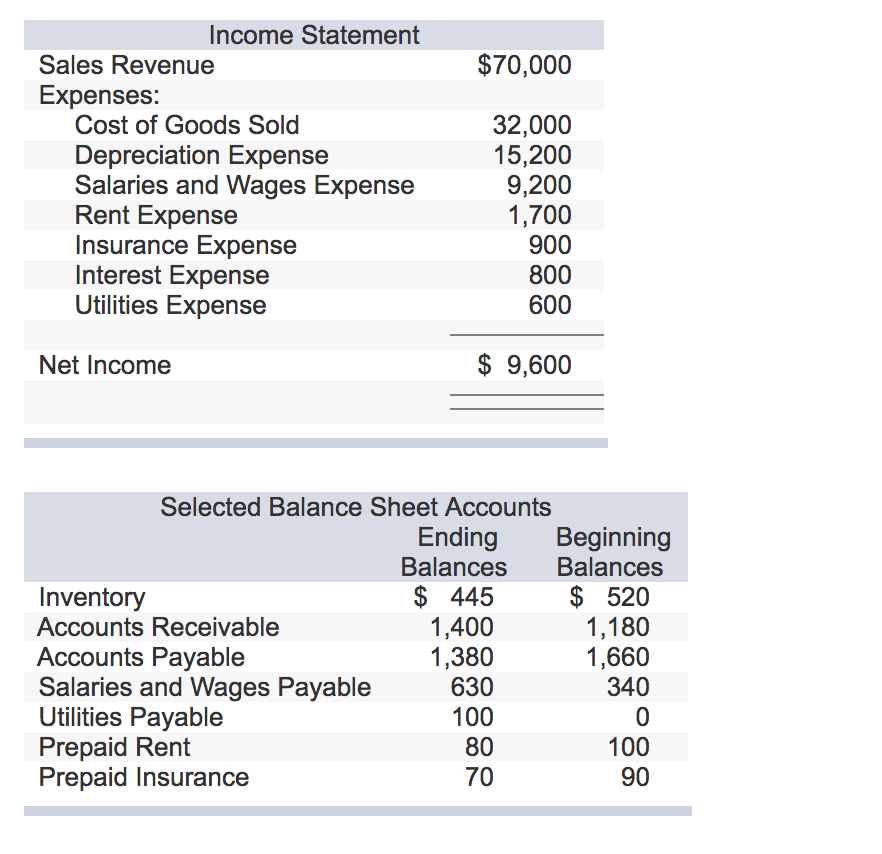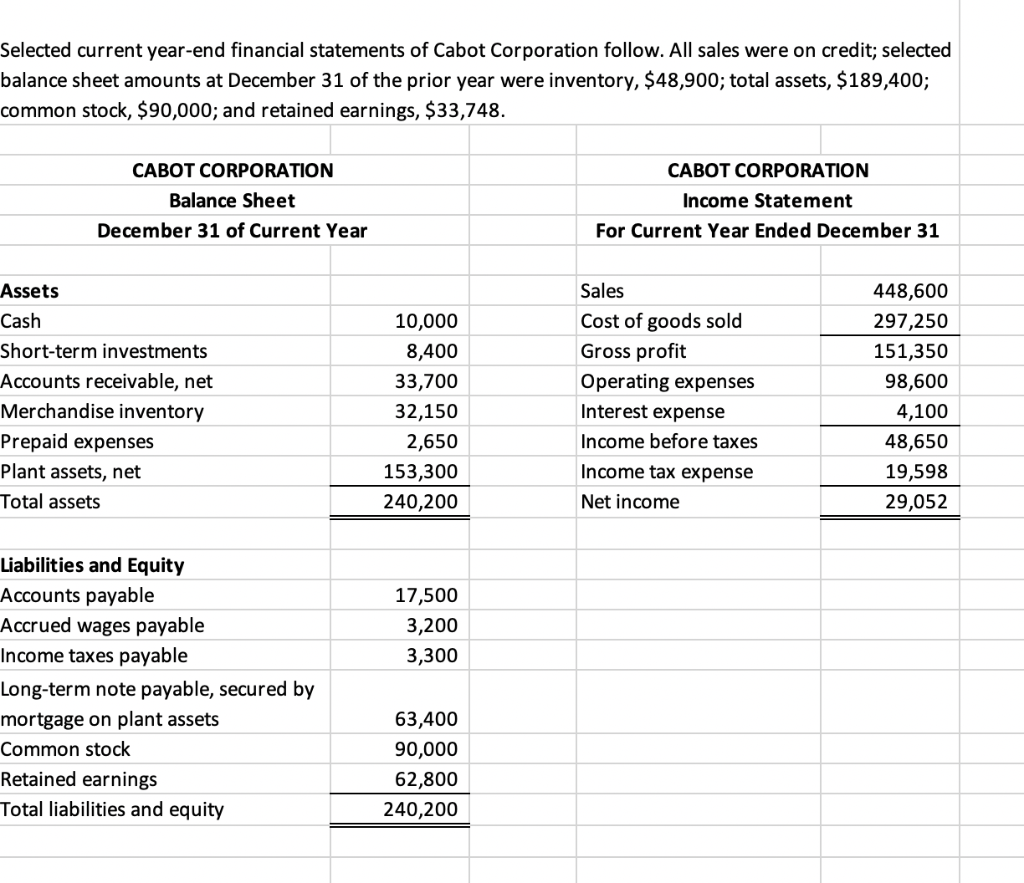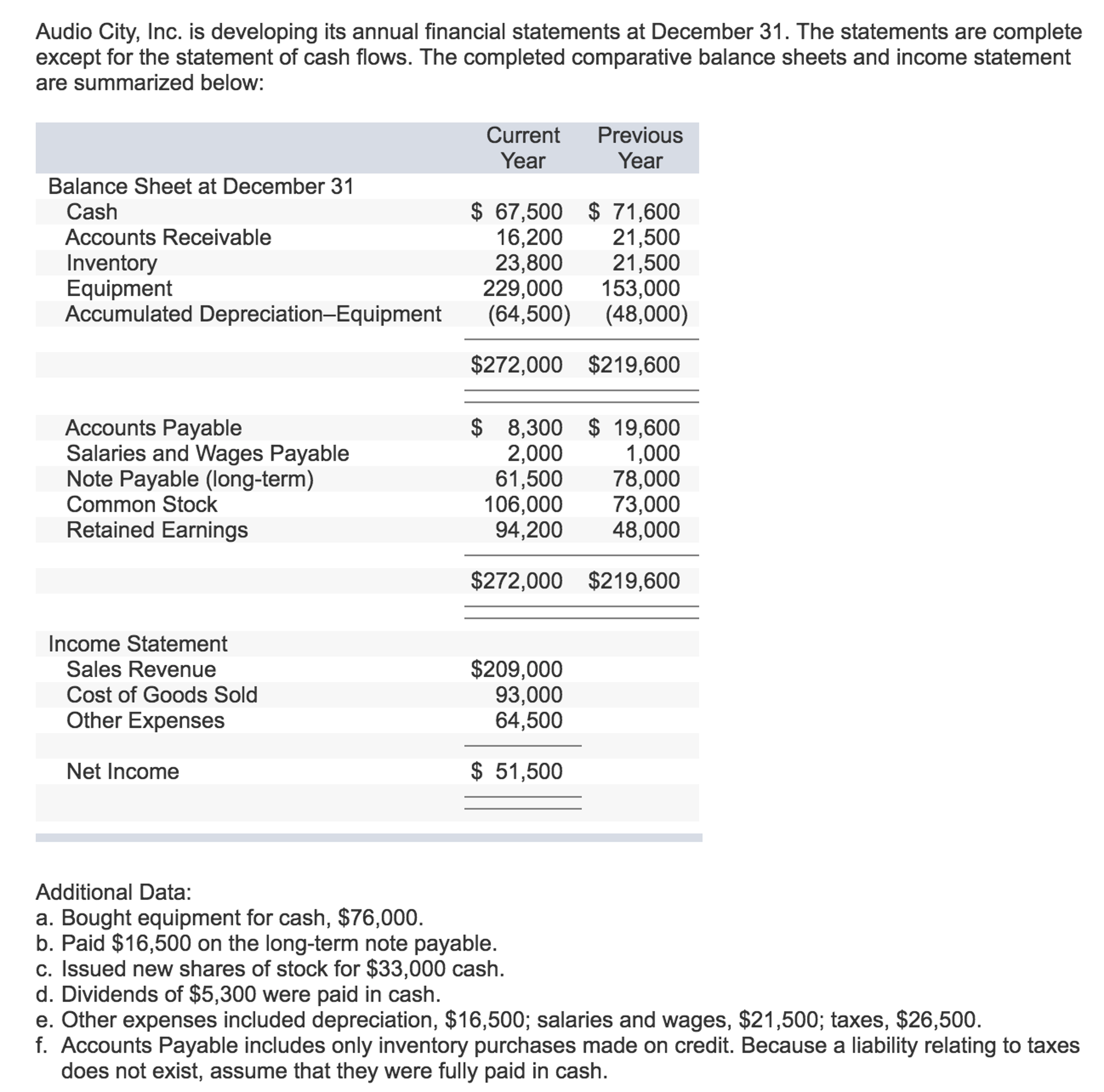Balance Sheet Wages Payable - This means that it is. Wages payable, or “accrued wages”, represent the unmet payment obligations owed to employees. Salaries and wages payable are classified as current liabilities on the balance sheet, as they are typically settled within a. Wages payable is considered a current liability, since it is usually payable within the next 12 months. Download our mobile appbank reconciliation Salaries and wages payable are considered as a current liability on the balance sheet of the company.
Salaries and wages payable are classified as current liabilities on the balance sheet, as they are typically settled within a. Wages payable, or “accrued wages”, represent the unmet payment obligations owed to employees. Download our mobile appbank reconciliation Salaries and wages payable are considered as a current liability on the balance sheet of the company. Wages payable is considered a current liability, since it is usually payable within the next 12 months. This means that it is.
This means that it is. Salaries and wages payable are considered as a current liability on the balance sheet of the company. Wages payable is considered a current liability, since it is usually payable within the next 12 months. Download our mobile appbank reconciliation Wages payable, or “accrued wages”, represent the unmet payment obligations owed to employees. Salaries and wages payable are classified as current liabilities on the balance sheet, as they are typically settled within a.
Salaries and Wages Payable on Balance Sheet VincenthasGuerrero
Download our mobile appbank reconciliation This means that it is. Wages payable, or “accrued wages”, represent the unmet payment obligations owed to employees. Salaries and wages payable are considered as a current liability on the balance sheet of the company. Wages payable is considered a current liability, since it is usually payable within the next 12 months.
Taxes Payable on Balance Sheet Owing Taxes — 1099 Cafe
Wages payable is considered a current liability, since it is usually payable within the next 12 months. Download our mobile appbank reconciliation Wages payable, or “accrued wages”, represent the unmet payment obligations owed to employees. Salaries and wages payable are considered as a current liability on the balance sheet of the company. Salaries and wages payable are classified as current.
What Are Office Expenses And Supplies
Wages payable, or “accrued wages”, represent the unmet payment obligations owed to employees. Download our mobile appbank reconciliation This means that it is. Salaries and wages payable are classified as current liabilities on the balance sheet, as they are typically settled within a. Salaries and wages payable are considered as a current liability on the balance sheet of the company.
38 Free Balance Sheet Templates & Examples ᐅ TemplateLab
Wages payable, or “accrued wages”, represent the unmet payment obligations owed to employees. Wages payable is considered a current liability, since it is usually payable within the next 12 months. Salaries and wages payable are considered as a current liability on the balance sheet of the company. This means that it is. Download our mobile appbank reconciliation
38 Free Balance Sheet Templates & Examples Template Lab
This means that it is. Download our mobile appbank reconciliation Wages payable is considered a current liability, since it is usually payable within the next 12 months. Wages payable, or “accrued wages”, represent the unmet payment obligations owed to employees. Salaries and wages payable are classified as current liabilities on the balance sheet, as they are typically settled within a.
What Is Wages Payable On A Balance Sheet
This means that it is. Wages payable is considered a current liability, since it is usually payable within the next 12 months. Salaries and wages payable are classified as current liabilities on the balance sheet, as they are typically settled within a. Wages payable, or “accrued wages”, represent the unmet payment obligations owed to employees. Download our mobile appbank reconciliation
Is wages payable on a balance sheet? Leia aqui Where does wages
Download our mobile appbank reconciliation Wages payable is considered a current liability, since it is usually payable within the next 12 months. Salaries and wages payable are considered as a current liability on the balance sheet of the company. This means that it is. Salaries and wages payable are classified as current liabilities on the balance sheet, as they are.
Is wages payable on a balance sheet? Leia aqui Where does wages
Wages payable is considered a current liability, since it is usually payable within the next 12 months. Salaries and wages payable are classified as current liabilities on the balance sheet, as they are typically settled within a. Wages payable, or “accrued wages”, represent the unmet payment obligations owed to employees. This means that it is. Salaries and wages payable are.
Is wages payable on a balance sheet? Leia aqui Where does wages
Wages payable, or “accrued wages”, represent the unmet payment obligations owed to employees. This means that it is. Salaries and wages payable are classified as current liabilities on the balance sheet, as they are typically settled within a. Salaries and wages payable are considered as a current liability on the balance sheet of the company. Wages payable is considered a.
What is the Difference Between Payroll Expenses and Payroll Liabilities
Download our mobile appbank reconciliation Salaries and wages payable are considered as a current liability on the balance sheet of the company. Wages payable is considered a current liability, since it is usually payable within the next 12 months. This means that it is. Wages payable, or “accrued wages”, represent the unmet payment obligations owed to employees.
Download Our Mobile Appbank Reconciliation
Salaries and wages payable are considered as a current liability on the balance sheet of the company. Wages payable is considered a current liability, since it is usually payable within the next 12 months. This means that it is. Wages payable, or “accrued wages”, represent the unmet payment obligations owed to employees.


